If the hospital bombing death toll of 200 to 300 is confirmed, it would be the deadliest incident inside Gaza since Hamas’ terrorist attack on Israel on Oct. 7.
Leonard Rubinstein, a John Hopkins University public health professor who has studied violence against medical facilities during wartime for 25 years, said the estimated death toll of at least 200 is the highest for a single incident involving a hospital that he is aware of.
He added that “the number of attacks or instances of violence on health care facilities in this conflict are very significant.”
Doctors Without Borders said on X that it was “horrified.”
“This is a massacre. It is absolutely unacceptable,” it said in a statement.
The World Health Organization said it “strongly condemns the attack.”
“The hospital was operational, with patients, health and care givers, and internally displaced people sheltering there. Early reports indicate hundreds of fatalities and injuries,” it said in a statement.
The WHO also said Israel’s orders to evacuate the north side of the Gaza Strip last week — the equivalent of 1.1 million people — “has been impossible to carry out” for al-Ahli and other hospitals.
Before the hospital explosion, the estimated death toll in Gaza was more than 3,000, with more than 12,500 people estimated to be injured.
Israel’s ordered an evacuation as it appeared ready to launch a ground invasion into Gaza, bringing scores of military equipment to the border after Hamas terrorists killed 1,400 people and wounded 4,000 more in kibbutzim, at a musical festival and in streets across the south.
The situation for civilians in Gaza has grown increasingly dire as Israel continues its airstrikes and imposes a blockade of water, food, fuel, medical supplies and electricity. Those resources are now in short supply, and hundreds of thousands of people have fled south.
The bombing is the latest hit to the medical community in Gaza, which is already on the brink of collapse. Hospitals have provided refuge for people trying to escape the bombardment of the besieged enclave since last week.
Abu-Sittah, who witnessed the attack, said the pressure on the medical community is “on a scale that has never been seen before.” He said the number wounded in Gaza has far outnumbered the 2,500 beds that hospitals had before the war.
“At this point not only are there not enough people, there are not enough beds in the hospitals, there are not enough ventilators, there is not enough operating room capacity,” he said.
Dr. Ahmad Moghrabi, the head of plastic surgery at Gaza’s Nasser Hospital, likened the medical situation in Gaza to a “disaster” and said most of his patients are women and children.
“It’s like earthquake, everybody under attack,” he said in a video diary sent to NBC News on Tuesday, in which he sobs at his desk. “Even my child — 3 years old — she got injured. Really, it’s pitiful — my heart. Really, I’m speaking to you, I want to cry.”
Palestinian Authority President Mahmoud Abbas declared “three days of general mourning” for the victims, according to the Palestinian news agency. Jordan has made similar calls.


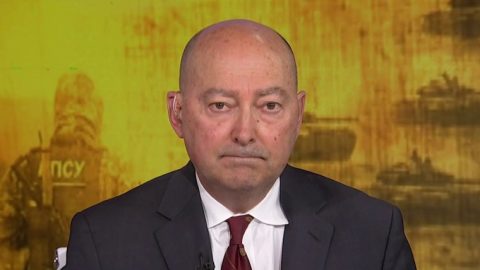

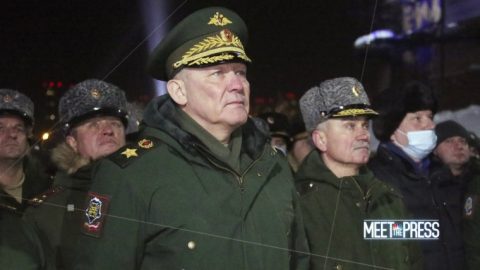
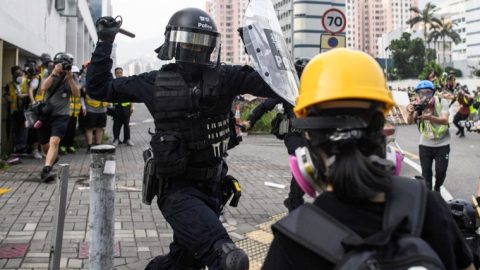

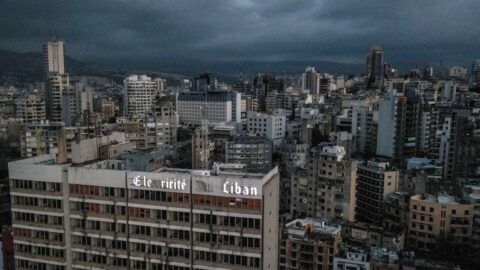

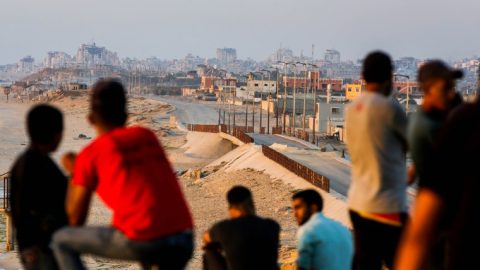
Recent Comments